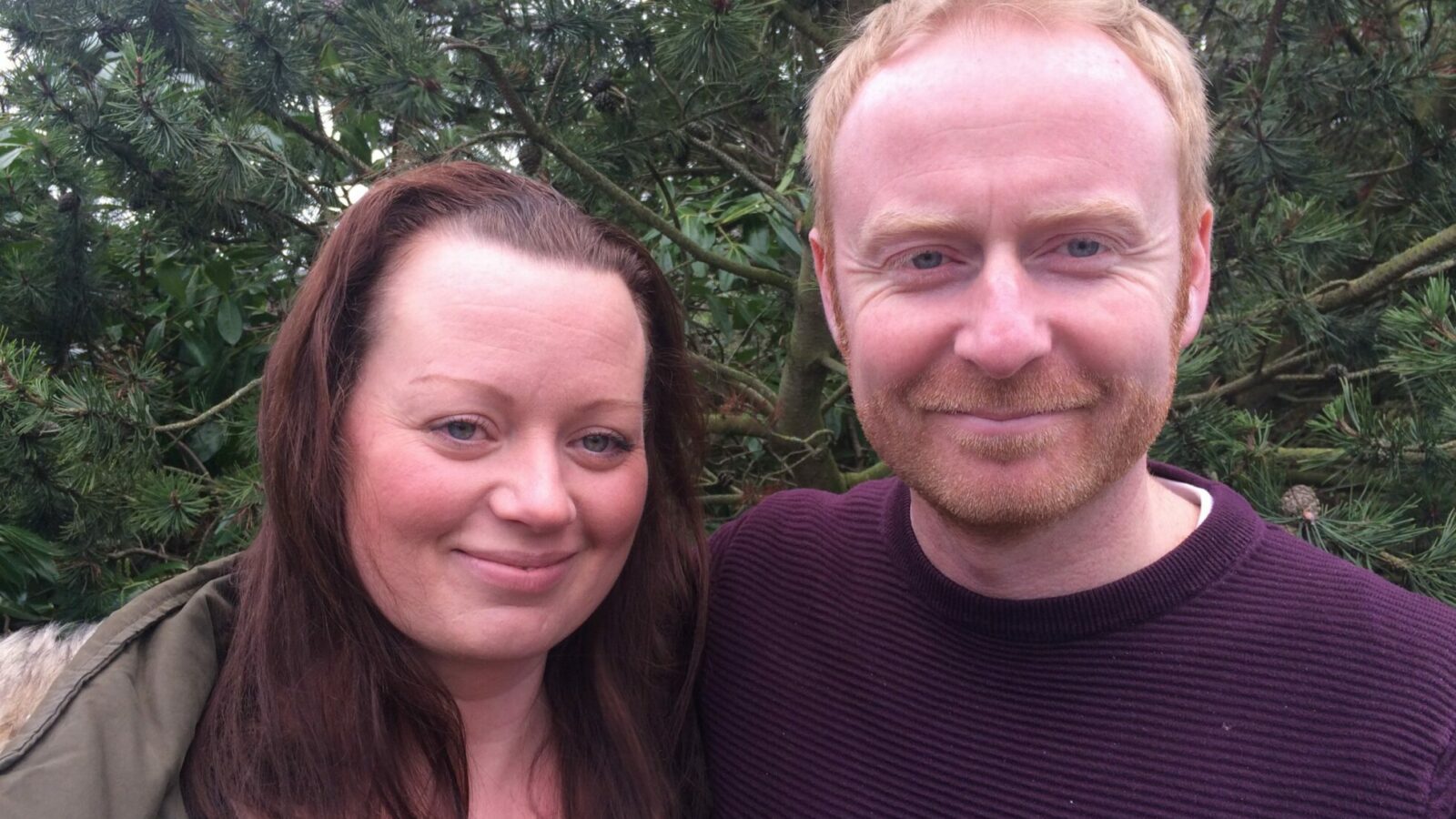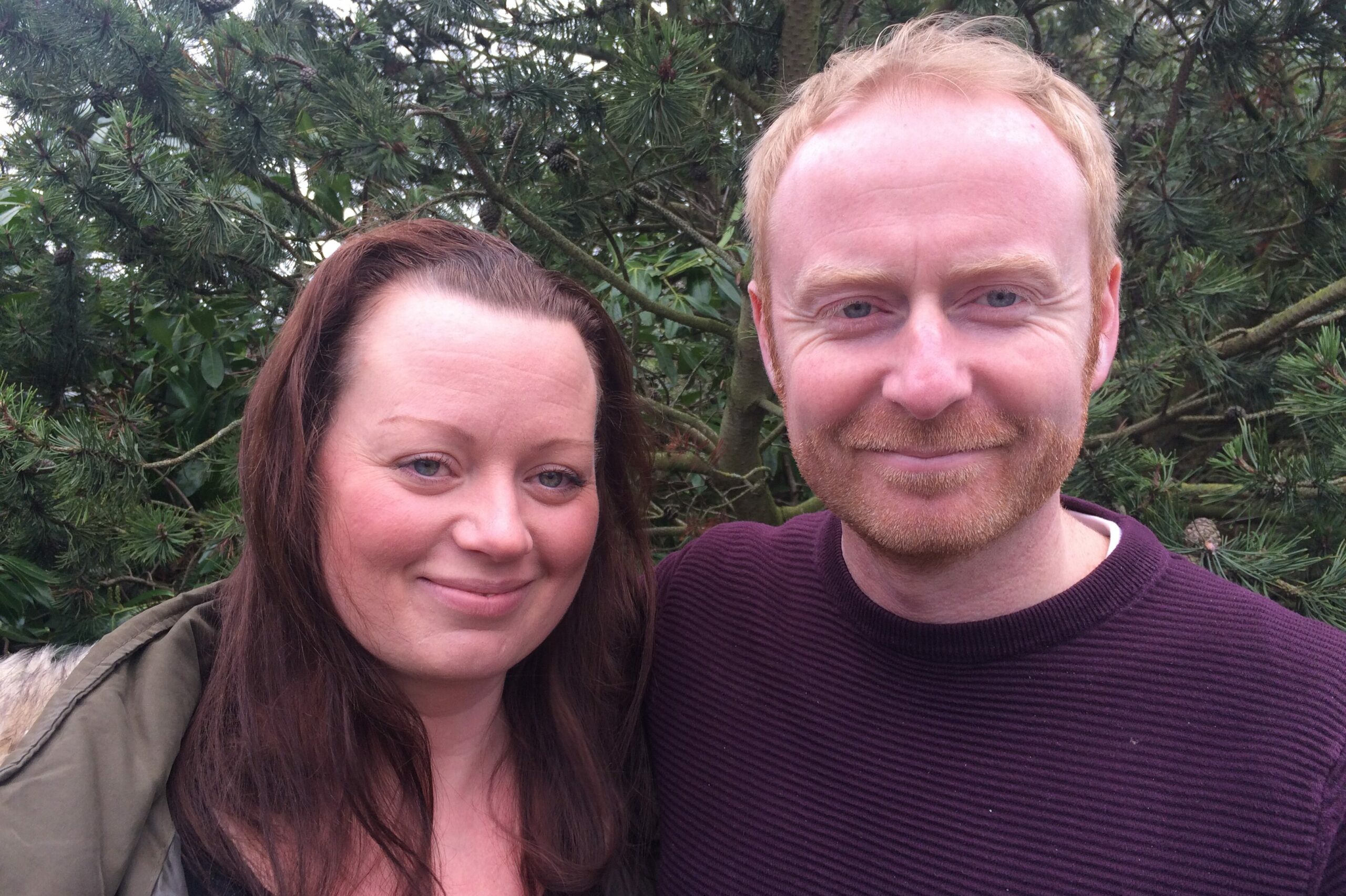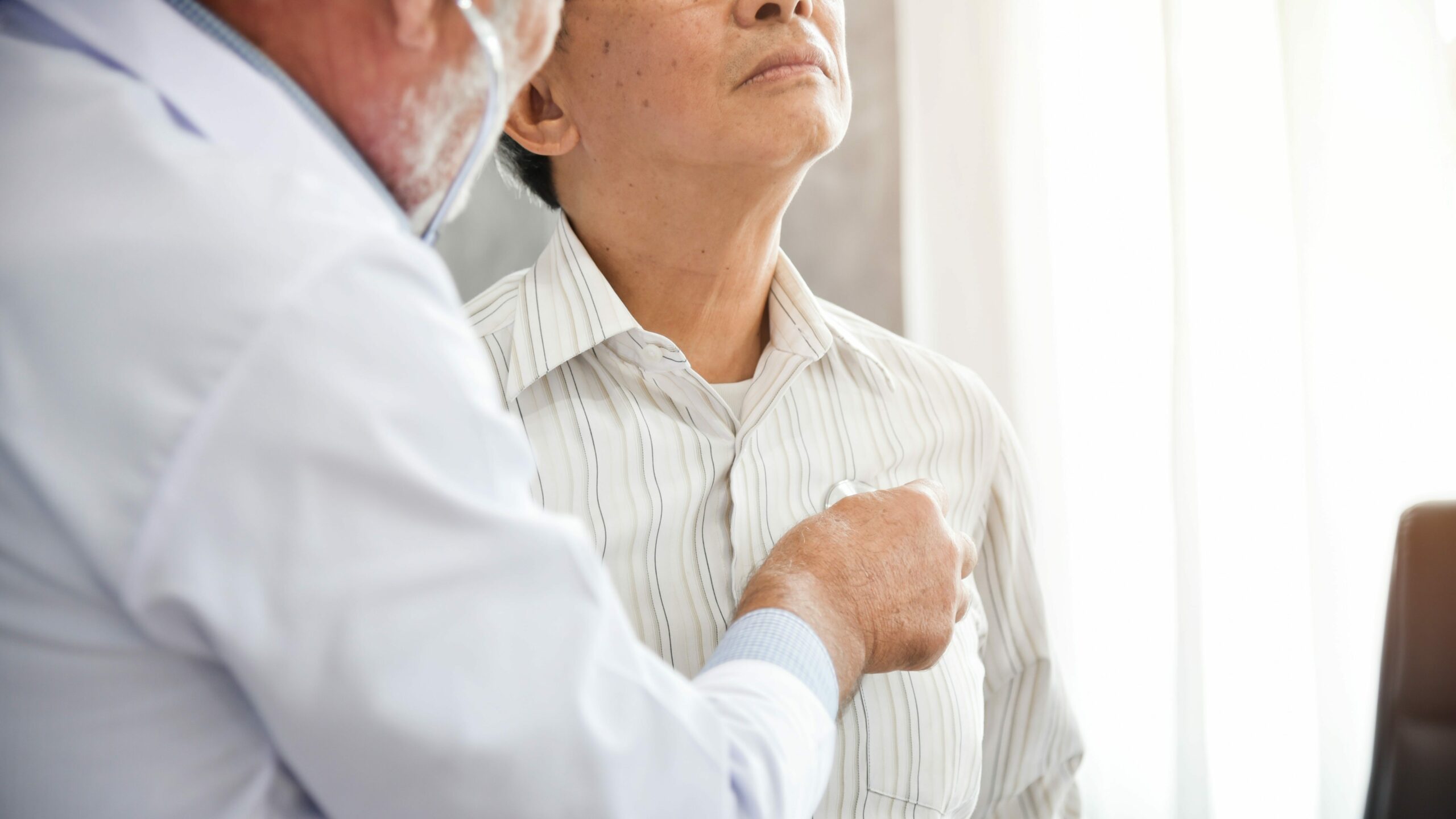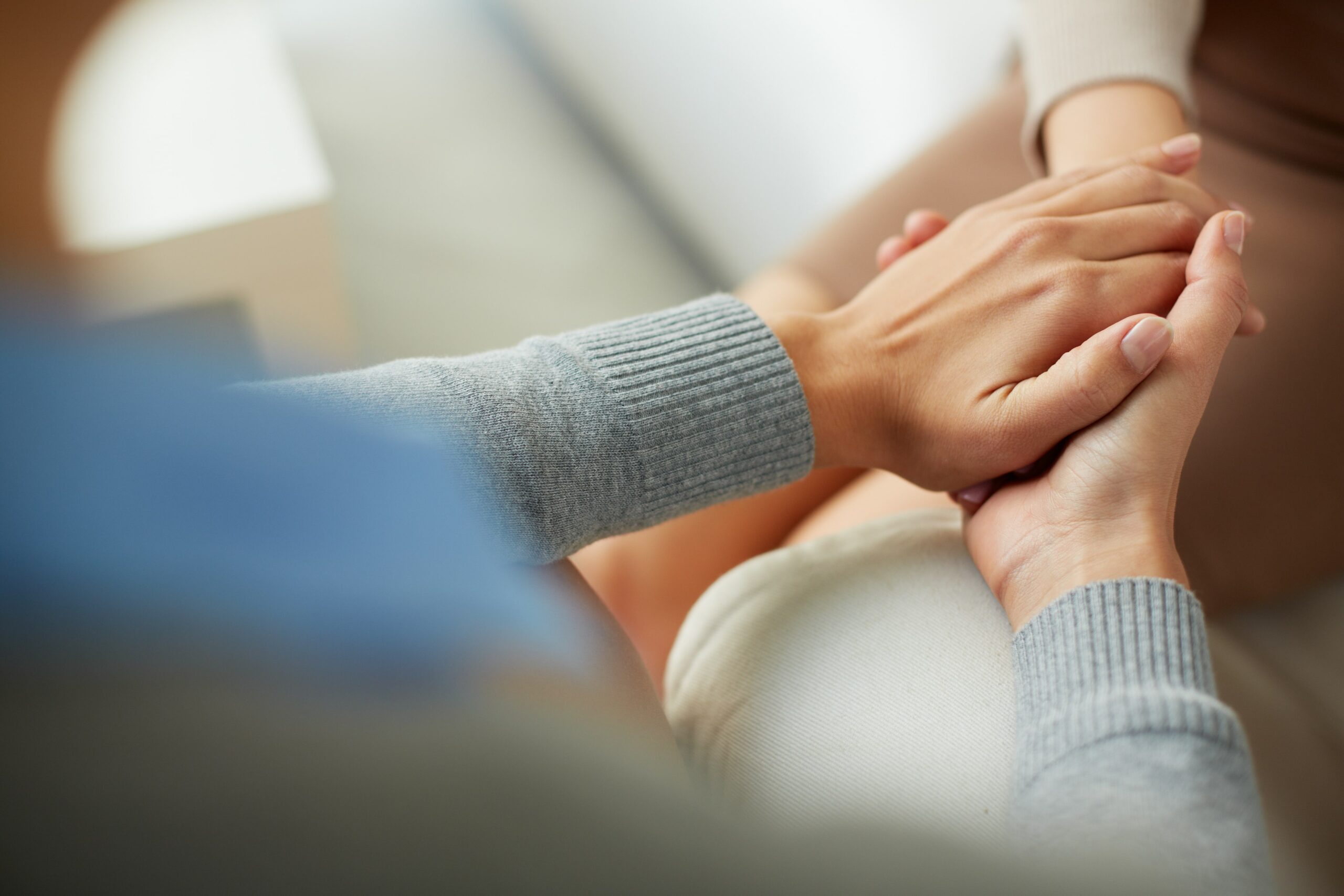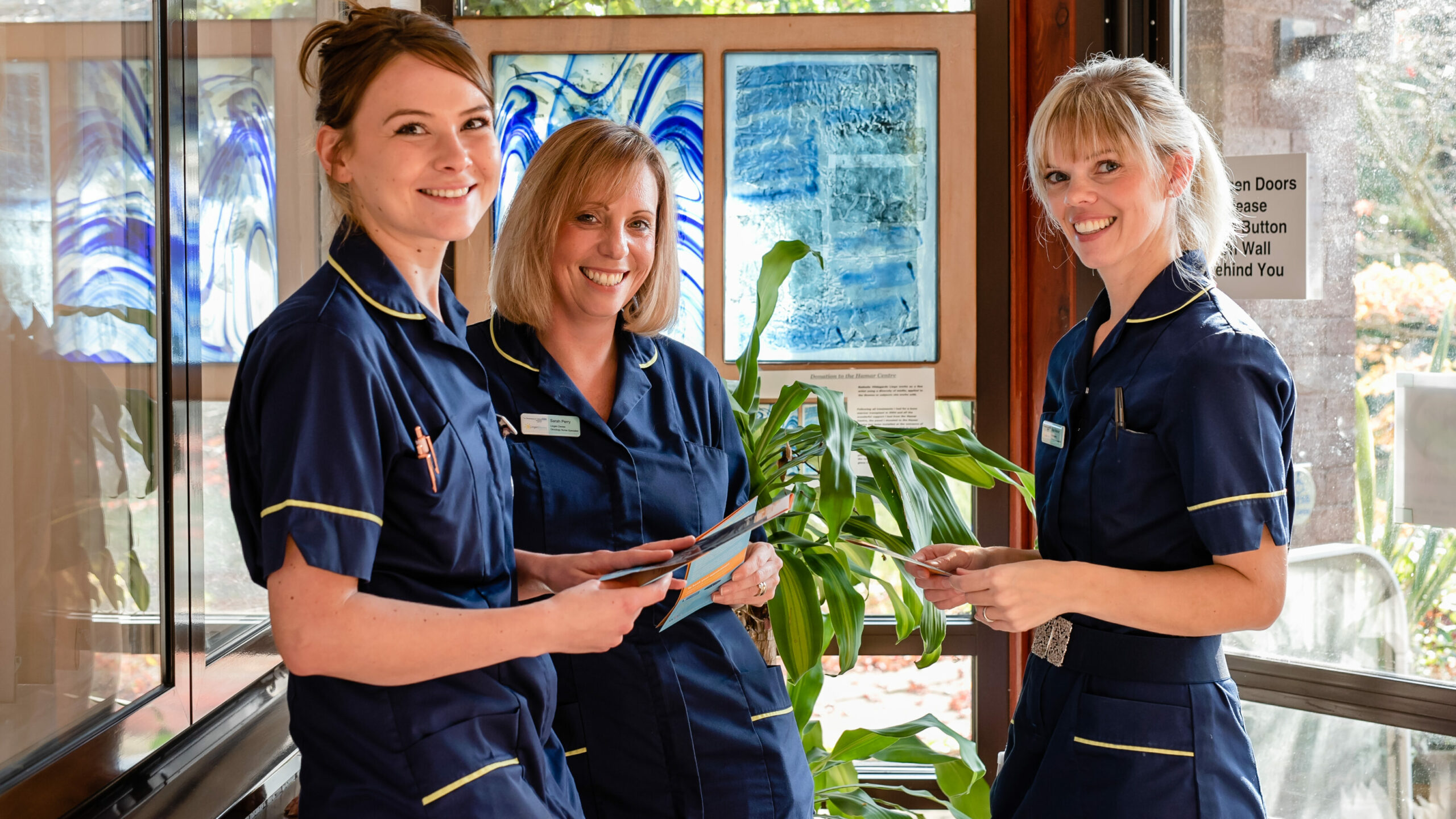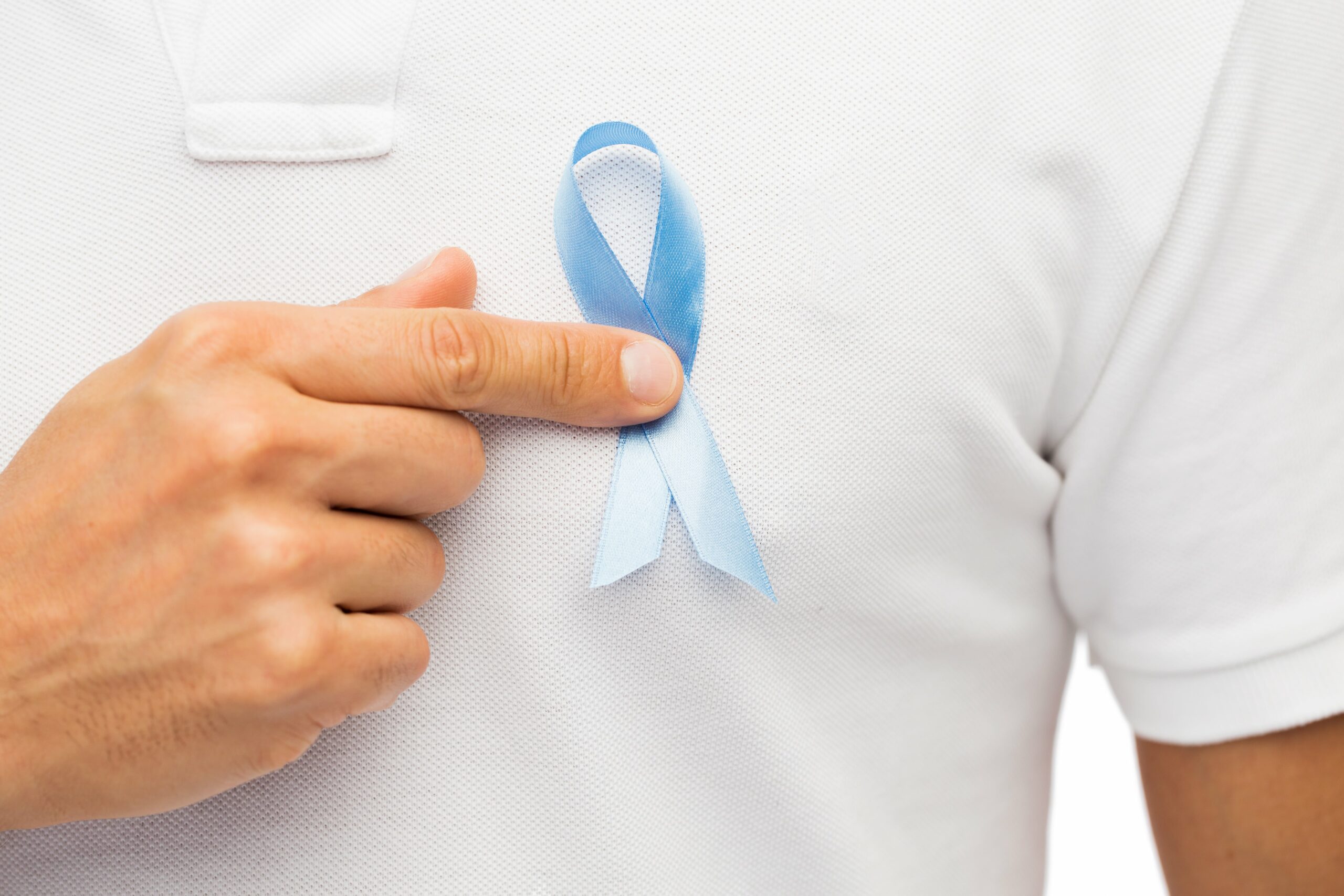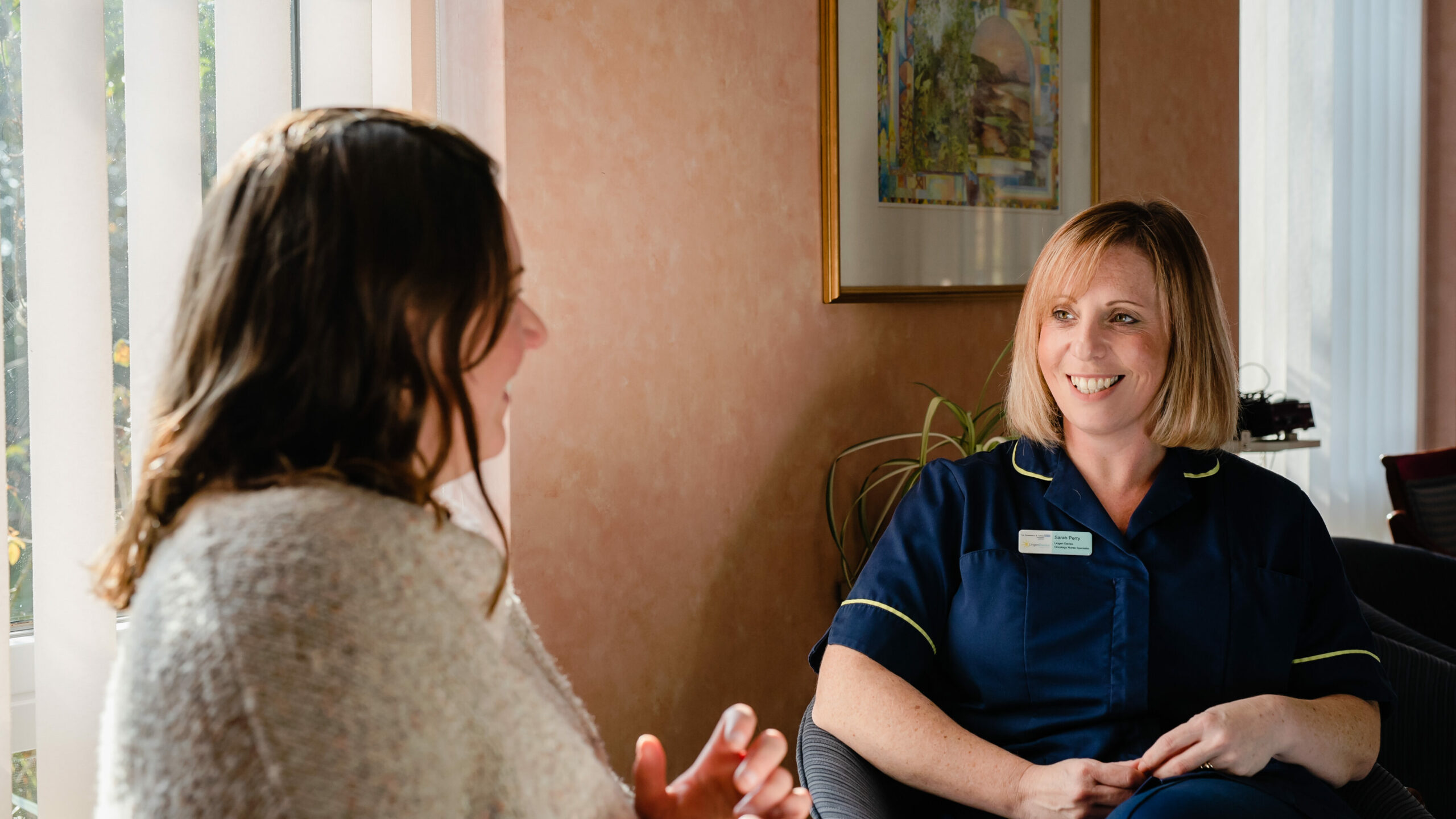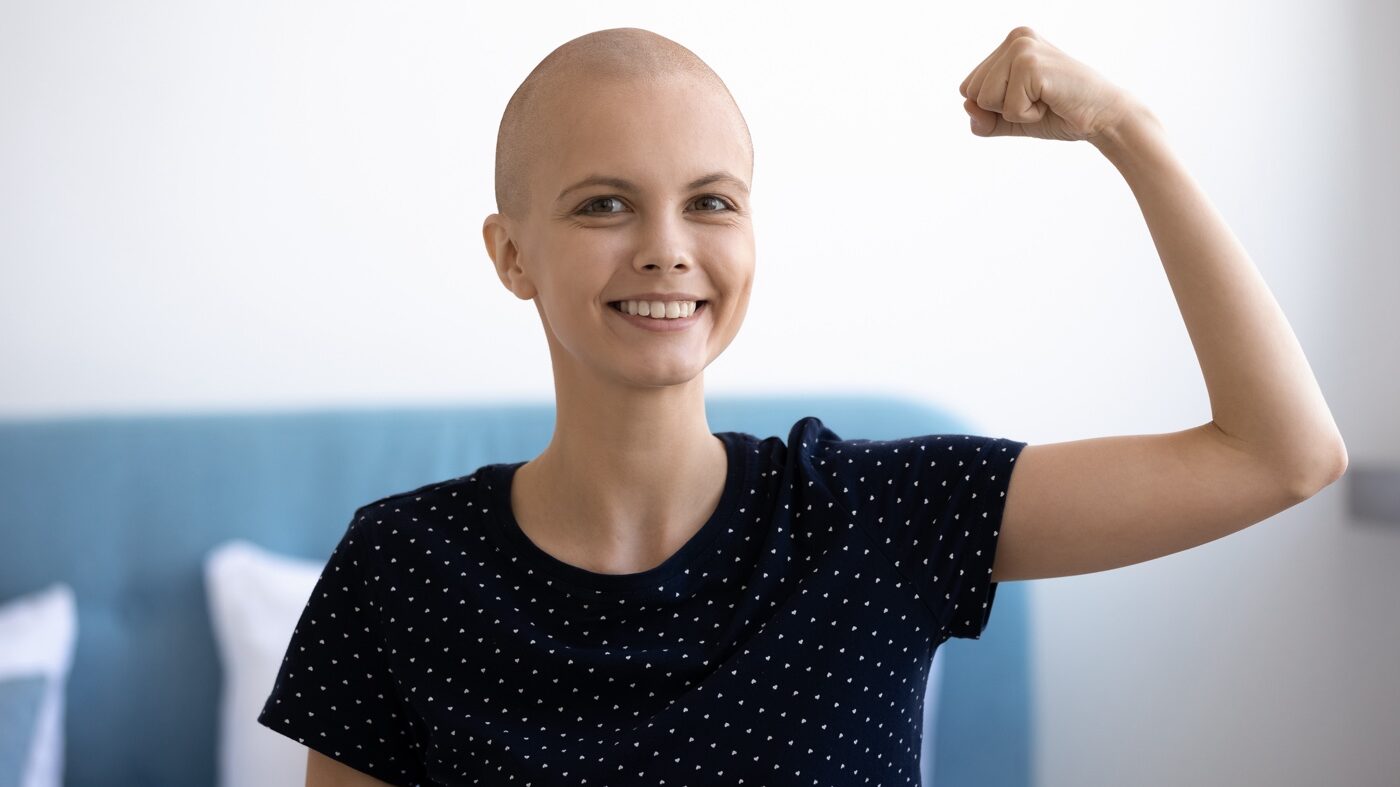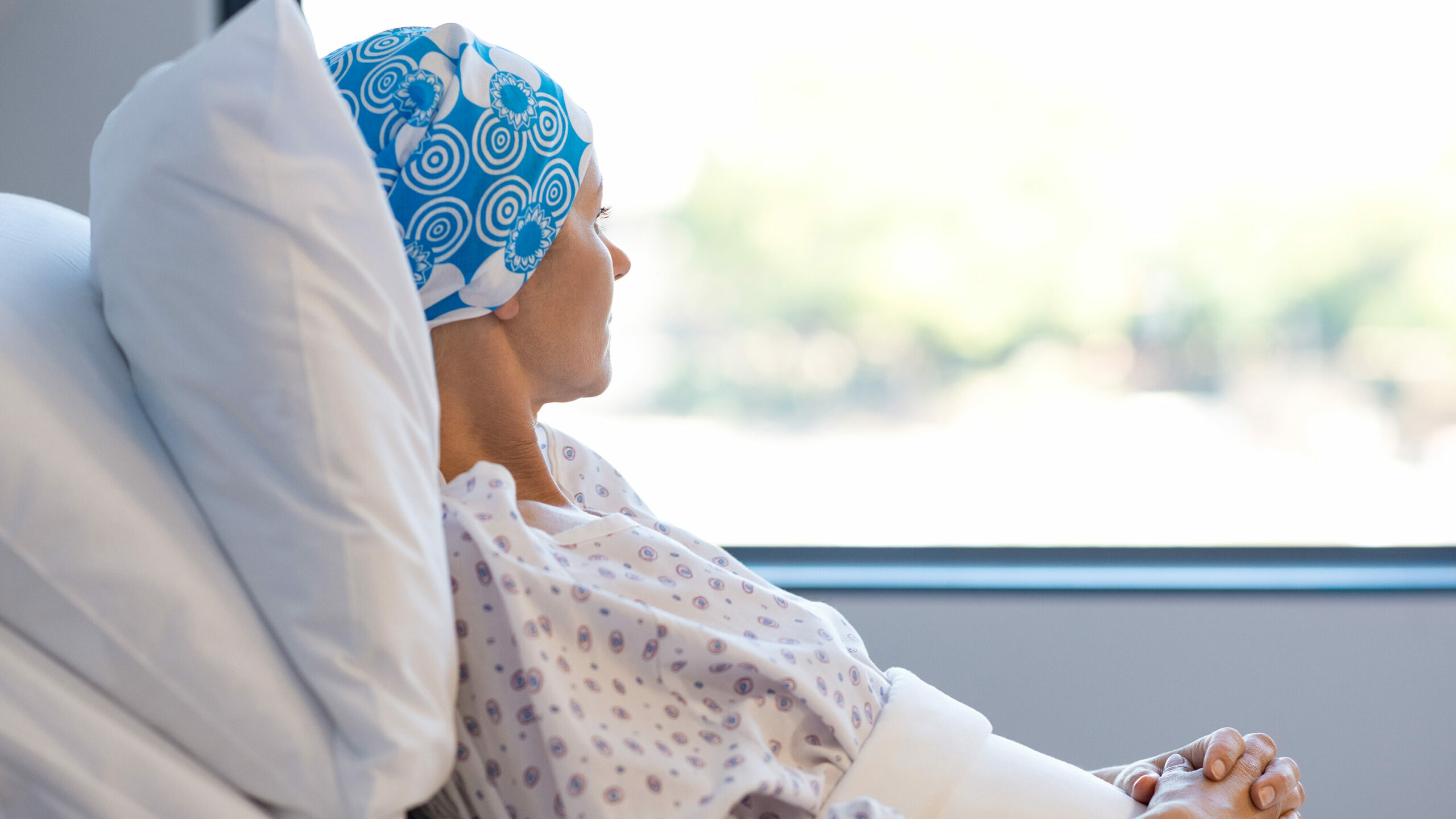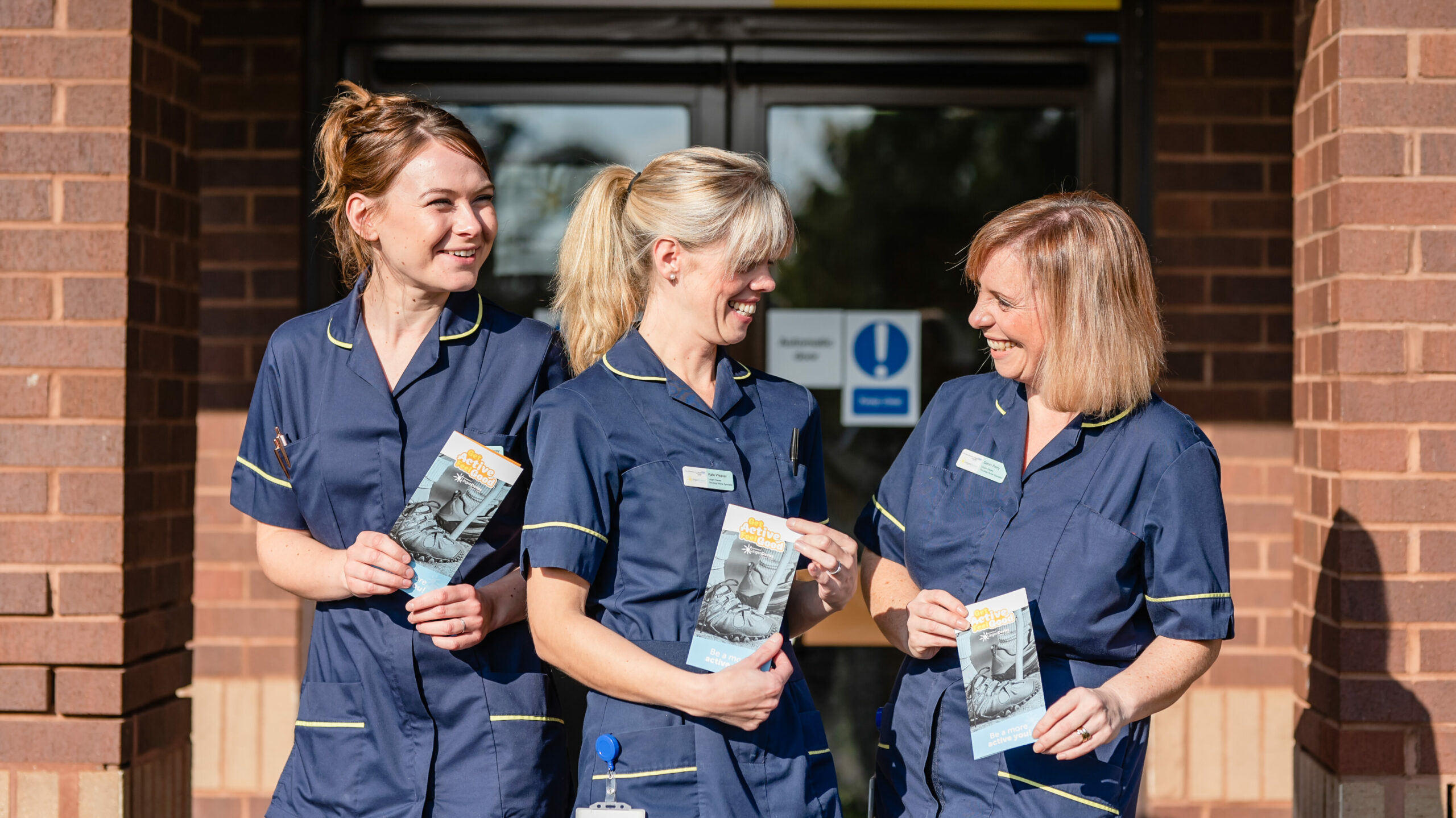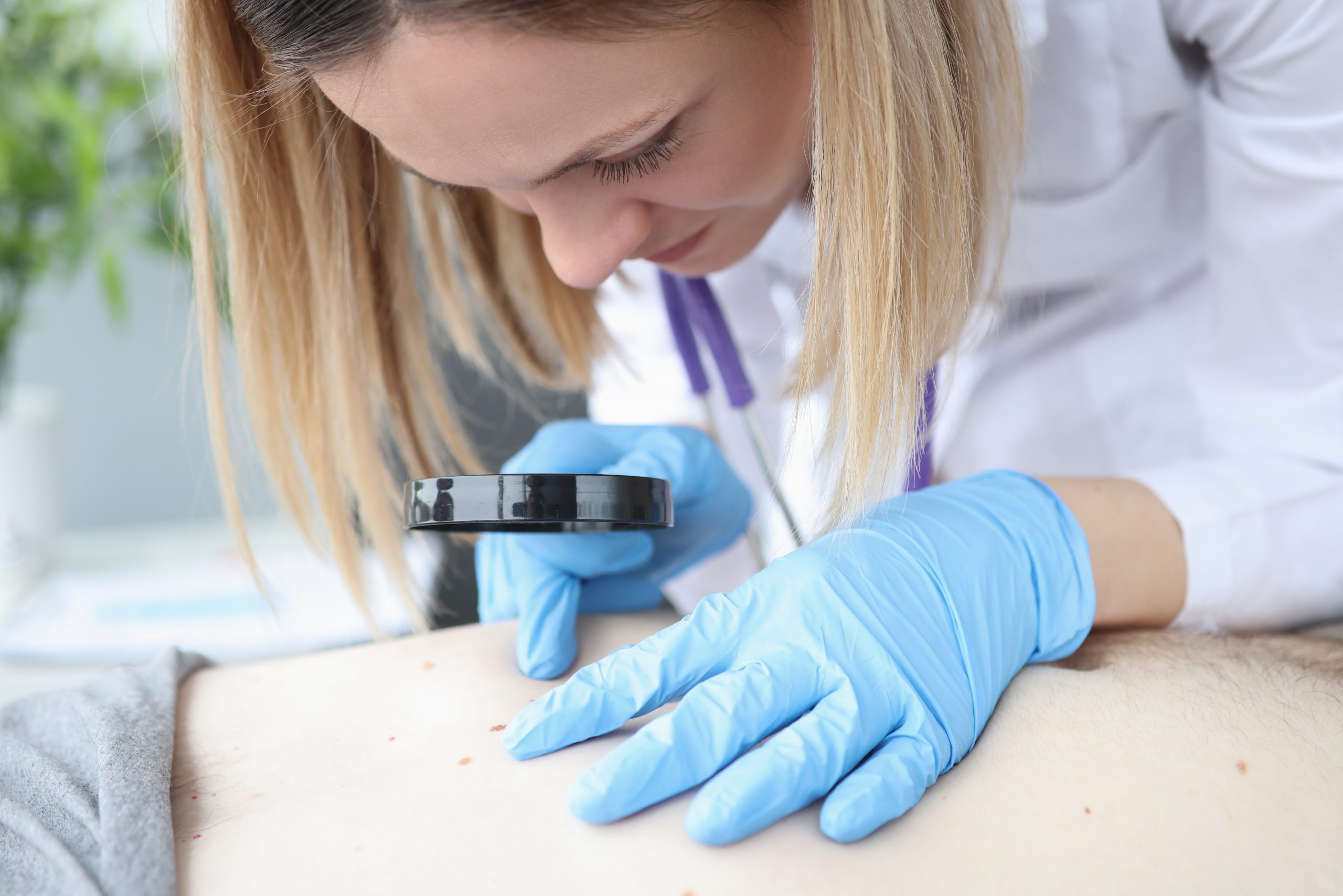Visiting Tom
Whilst Tom was in hospital I wanted to visit him as much as I could but I also wanted to see and support the children too, luckily we had lots of support from grandparents and friends but it did involve a lot of traveling between children and PRH! Florence, our youngest daughter, was too small to know what was going on and I worried she would be confused that both her parents seemed to have disappeared.
While we’d talked to the children about what was happening, it hadn’t occurred to us that they would come to the hospital or need to see Tom in that setting. After about a week our son Lucas, who was eight at the time, came down one night and asked when he could go and see his daddy. He needed to see for himself what was going on and wanted to see him in hospital. So, the next day Tom and I talked about it and took some pictures so they would know what to expect when they came to the hospital and they wouldn’t be frightened by it.
Lucas came on one day, and Maisie the next. I’d picked up some Macmillan leaflets about how to talk to children about cancer and these were useful, but really we felt we knew our children and how best to deal with the subject with them. We tried to use a bit of humour with the children and make sure they understood. I was really proud of them that they wanted to take responsibility and see their dad even though they knew he was ill. They dealt with it really well and I think that’s because we talked to them.
